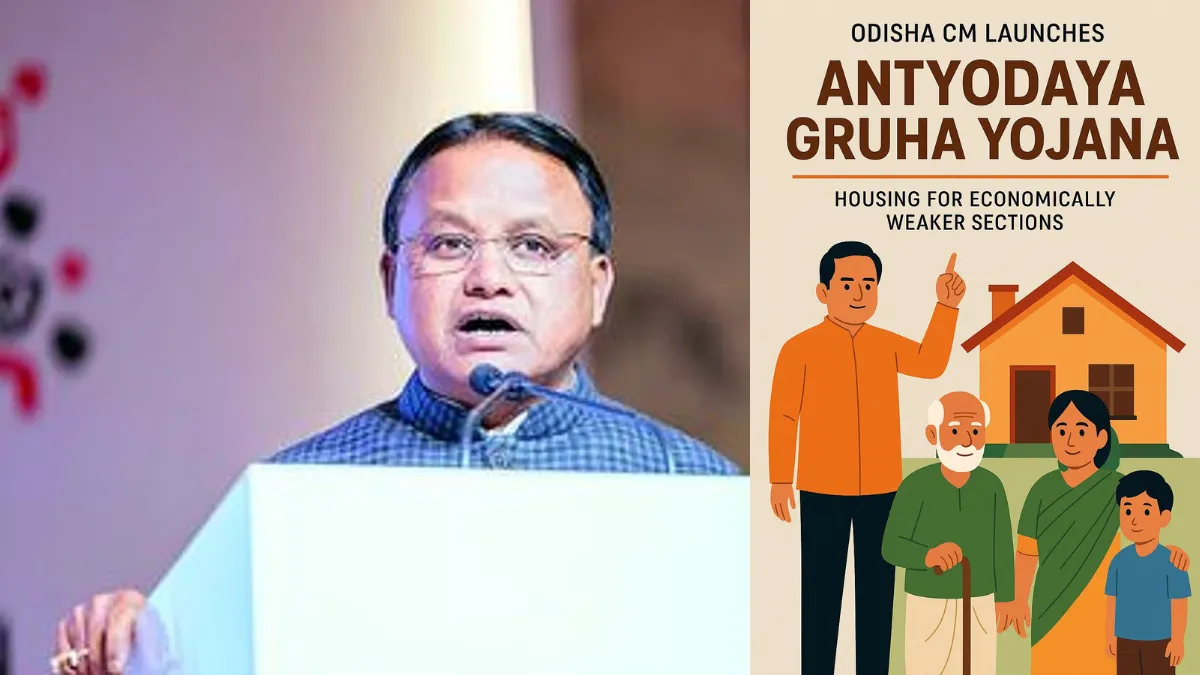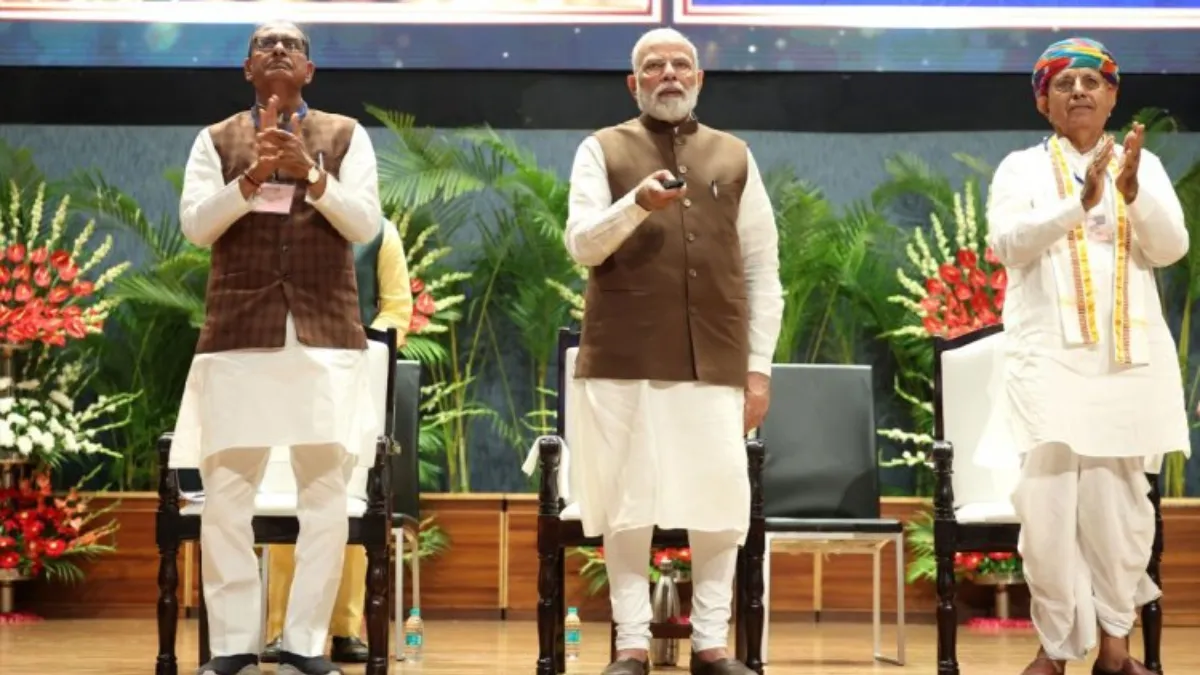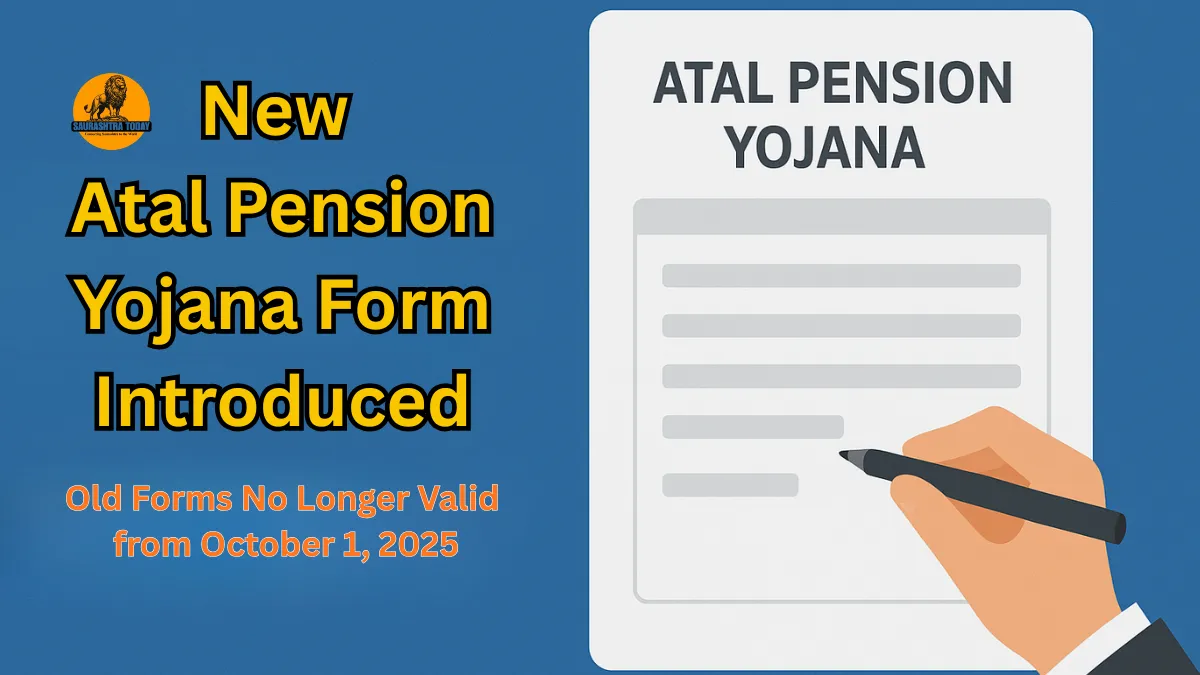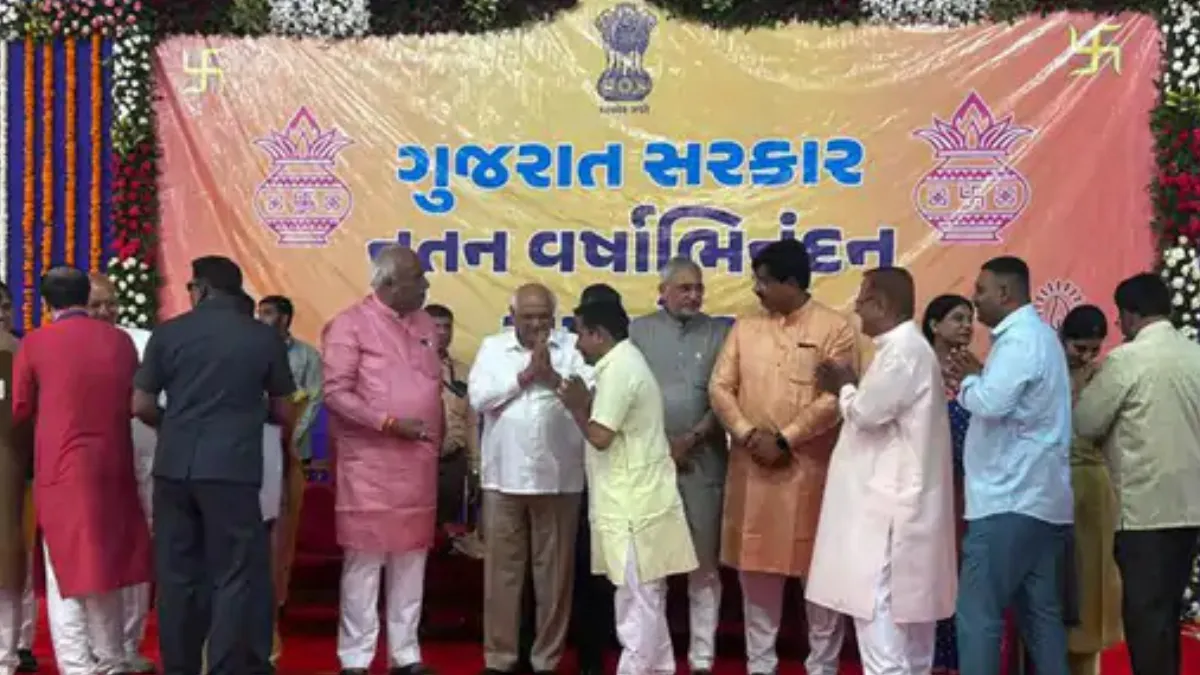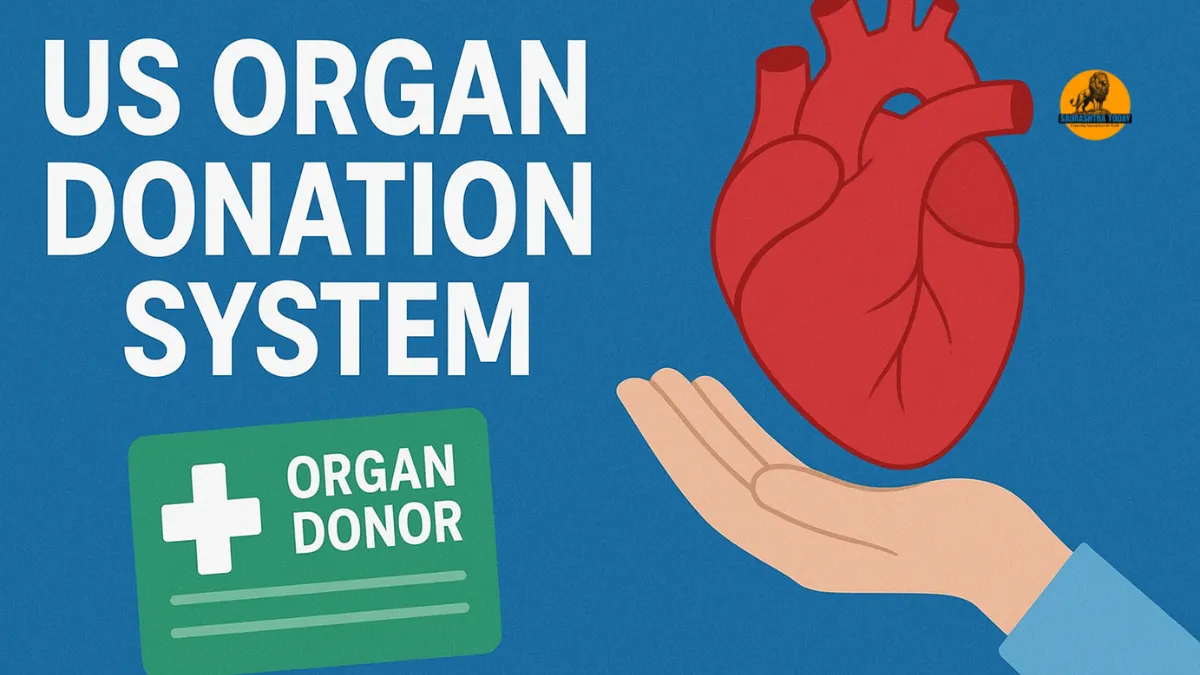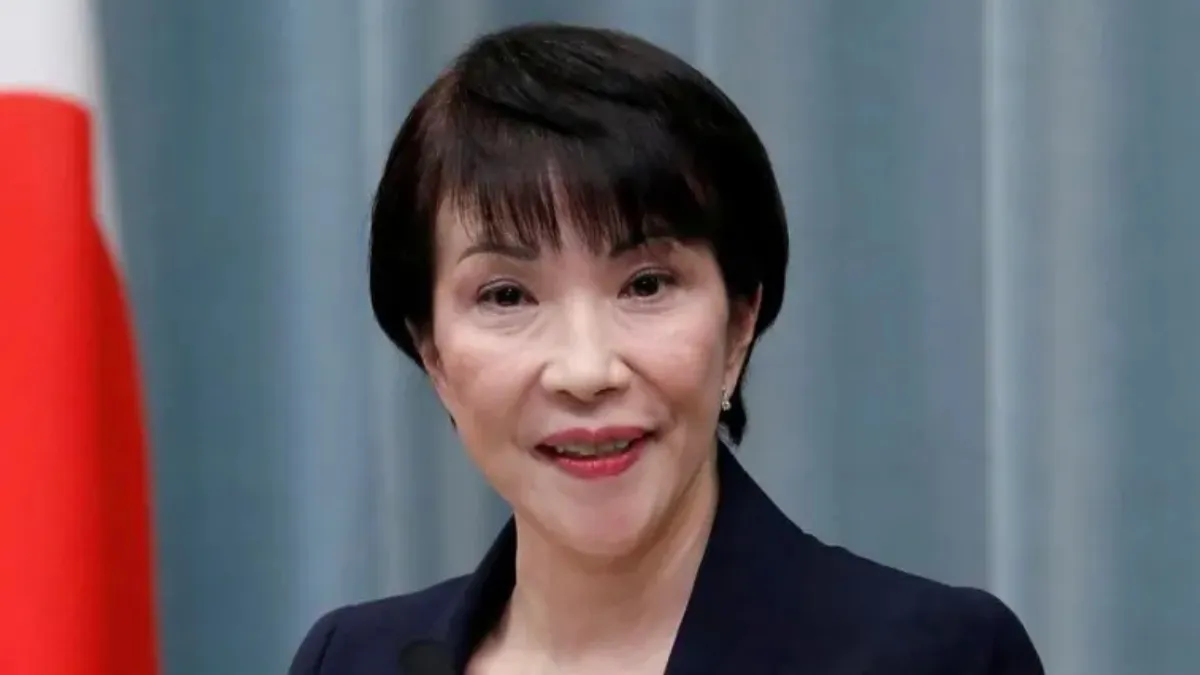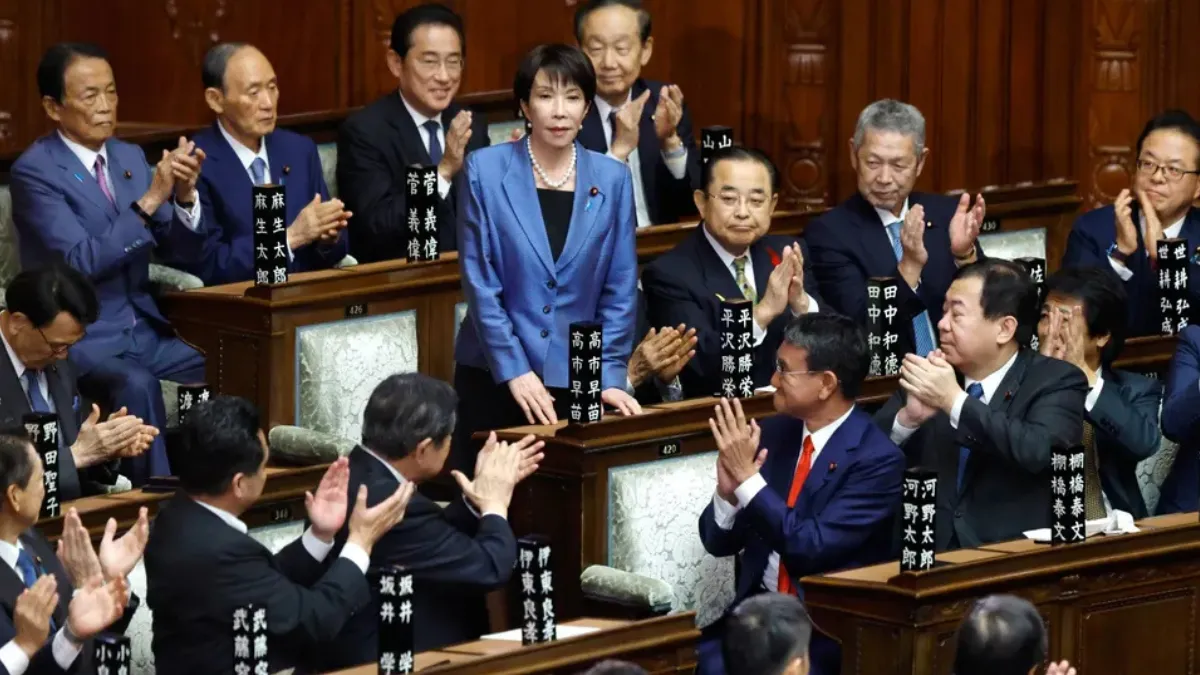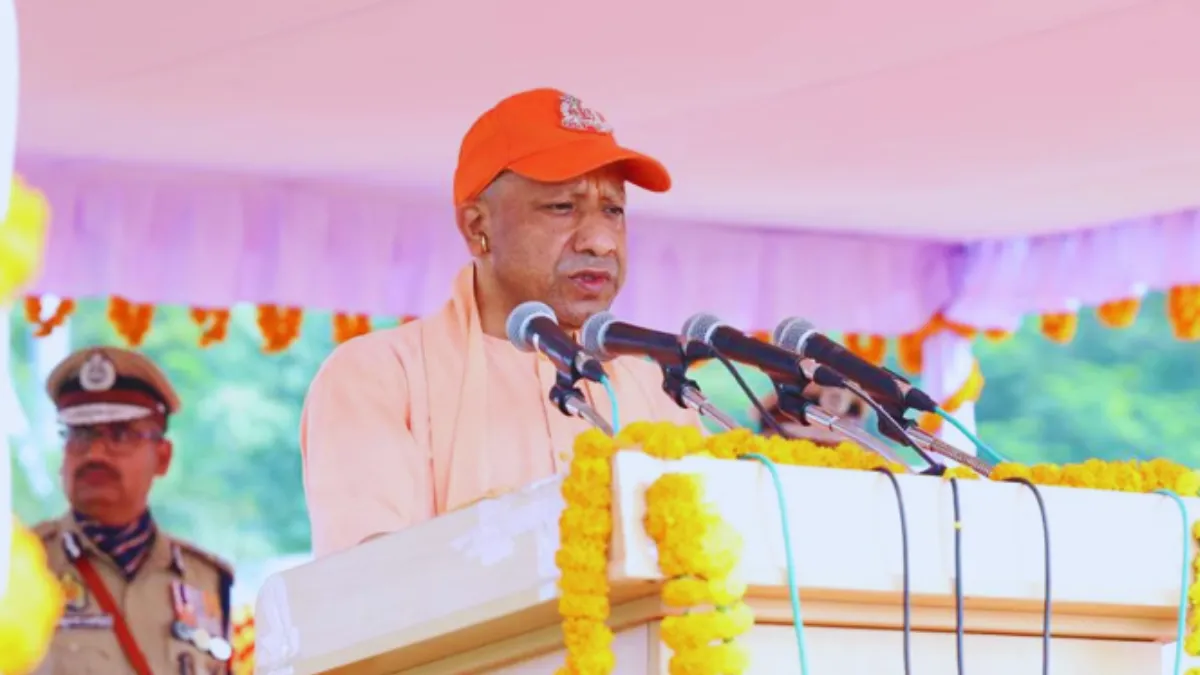New Delhi: Government strengthens system to prevent misuse of disability benefits
Disability certificates: In a major step to ensure transparency and authenticity, the Government of India has tightened the verification process for Disability certificates used in public sector recruitment and educational admissions. According to the new guidelines, all authorities are now required to verify every certificate and the corresponding Unique Disability ID (UDID) card directly through the national UDID portal before granting any benefits.
The move aims to curb the growing number of cases involving fake or exaggerated disability claims that were allegedly being used to gain unfair advantage in jobs and educational quotas.
Real-time verification through UDID database
The revised Standard Operating Procedure (SOP), issued by the Department of Empowerment of Persons with Disabilities (DEPwD) on October 15, mandates institutions to link their systems with the UDID database through an API integration.
This real-time data connection will allow universities, recruitment agencies, and other government bodies to instantly verify an applicant’s disability status. The DEPwD has encouraged organizations to sign a Memorandum of Understanding (MoU) to access the UDID database securely for this purpose.
Officials said that this integration will eliminate manual document checks and ensure a transparent, technology-driven verification process for all Disability certificates issued across the country.
Tackling fake and inflated certificates
The department stated that this decision was taken after multiple complaints surfaced regarding the misuse of disability quotas. Some individuals were allegedly submitting forged or exaggerated Disability certificates to claim reservation benefits meant for genuinely disabled persons.
As per the existing definition, only those with 40% or more disability are eligible for the benefits provided under various government schemes and recruitment drives. The new SOP replaces the guidelines issued in September 2024 and brings stronger digital monitoring measures.
Medical boards get more authority
Under the new rules, medical boards and hospitals have been given additional powers to reassess a candidate’s level of disability, especially to determine whether the person is suitable for a particular job role or academic course.
These assessments will now rely on modern diagnostic tools and techniques to ensure precision and fairness. This technological integration aims to eliminate subjectivity and ensure that the final medical evaluation accurately reflects an individual’s functional abilities.
Streamlining the verification process
To make the process more convenient and accessible, the Ministry has directed that an adequate number of hospitals across India be included in the official evaluation panel. This will help ensure that applicants do not need to travel long distances for their assessments.
Authorities have also been asked to maintain fairness and sensitivity while dealing with individuals applying for Disability certificates. The aim is to create a more inclusive and empathetic administrative process while maintaining strict verification standards.
Mandatory appeal system in institutions
A notable feature of the updated SOP is the introduction of a mandatory appeal mechanism within every government department, educational institution, and recruitment agency.
This provision allows persons with disabilities to appeal any decision related to their certification or eligibility status if they feel the outcome was unfair. Such an appeal system is expected to strengthen accountability and give applicants a formal platform to seek redressal.
Digitization of old disability certificates
Another key reform focuses on digitization. Institutions have been instructed to ensure that even manual Disability certificates issued under the now-repealed Persons with Disabilities Act of 1995 are properly digitized on the UDID portal.
If an applicant presents an older, non-digital certificate, it must be verified and authenticated by the respective state authority that originally issued it. This digitization process will make all records accessible through a single, secure national database, reducing the scope for fraud and duplication.
Also read: Modi Launches Farm Schemes to Boost Self-Reliance and Farmer Welfare
Technology-led inclusion and transparency
The Ministry believes that these changes will not only strengthen the credibility of Disability certificates but also improve service delivery to genuine beneficiaries. With the help of technology and data integration, the new system will enable faster verification, reduce paperwork, and provide accurate information to both applicants and authorities.
Officials emphasized that the government’s broader goal is to make all welfare schemes for persons with disabilities fully transparent, digitally accessible, and free from misuse. The UDID initiative, launched to create a centralized digital record of all certified individuals, is a significant step in that direction.
Also read: New Atal Pension Yojana Form Introduced: Old Forms No Longer Valid from October 1, 2025
A step toward empowering persons with disabilities
By enforcing real-time verification and modernizing medical assessments, the government hopes to ensure that the benefits of reservation, scholarships, and job opportunities reach the people who genuinely need them.
Experts in the disability rights sector have welcomed the move, calling it a positive blend of technology and social responsibility. They believe that stronger checks on Disability certificates will promote fairness and ensure that deserving candidates are not deprived of their rights due to fraudulent practices.
With these reforms, India is moving toward a more digitally inclusive and transparent welfare system, where every Disability certificate can be authenticated instantly — ensuring that empowerment, not exploitation, defines the future of disability welfare.

